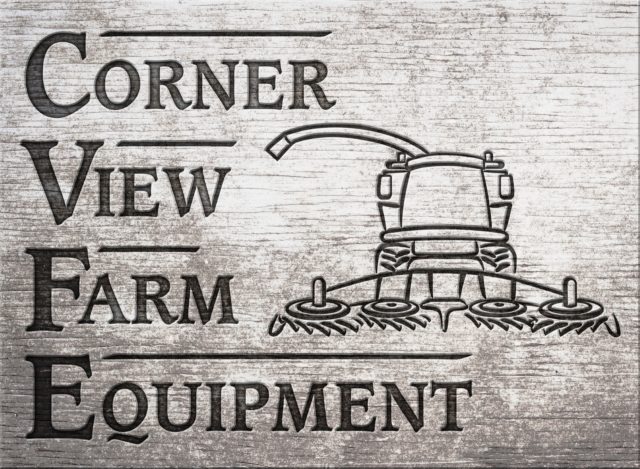With funding from the farmer-driven Northern New York Agricultural Development Program, Cornell University researchers are evaluating opportunities to develop alfalfa that is both adapted to the colder northern New York climate and able to resist brown root rot.
The Northern New York Agricultural Development Program has recently posted the results of a three-year study by Cornell University researchers developing alfalfa populations after exposure to the brown root rot fungus and ice sheeting on its website.
The parasitic fungal plant pathogen Phoma sclerotioides is the causal agent of brown root rot that damages the roots and crowns of alfalfa plants, other perennial legumes and overwintering grasses.
“The plants that survive the winter of 2017 to 2018 in a field with high brown root rot pressure in northern New York will be excellent candidates for new cultivar development through successive plant breeding,” said project leader Julie L. Hansen, a plant breeding and genetics specialist at Cornell University, Ithaca, New York.
Northern New York field trials funded by the Northern New York Agricultural Development Program have shown that brown root rot-resistant alfalfa varieties grown in Saskatchewan and Wyoming perform poorly under the Northern New York climate and growing conditions.
Brown root rot was first detected on alfalfa in the eastern U.S. in 2003 in northern New York in Clinton County. It has also been found in Vermont, New Hampshire, Maine, Pennsylvania and Ontario, Canada, with reports of alfalfa yield loss, winterkill, slow spring emergence from dormancy and stand decline over time.
The work to identify cultivars that have the best opportunity to grow under northern New York regional conditions has new funding from the Northern New York Agricultural Development Program for research in 2018.
Funding for the Northern New York Agricultural Development Program is supported by the New York state Senate and administered by the New York State Department of Agriculture and Markets. Project results are posted online at the Northern New York Agricultural Development Program website. ![]()
—From Northern New York Agricultural Development Program news release









